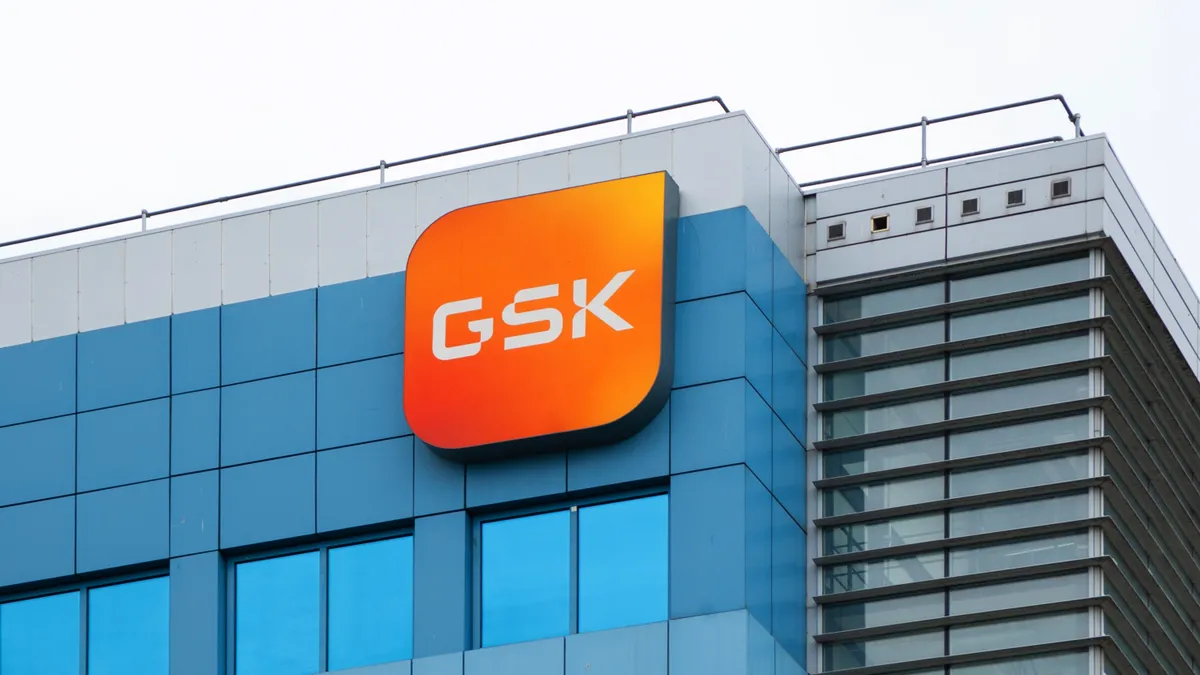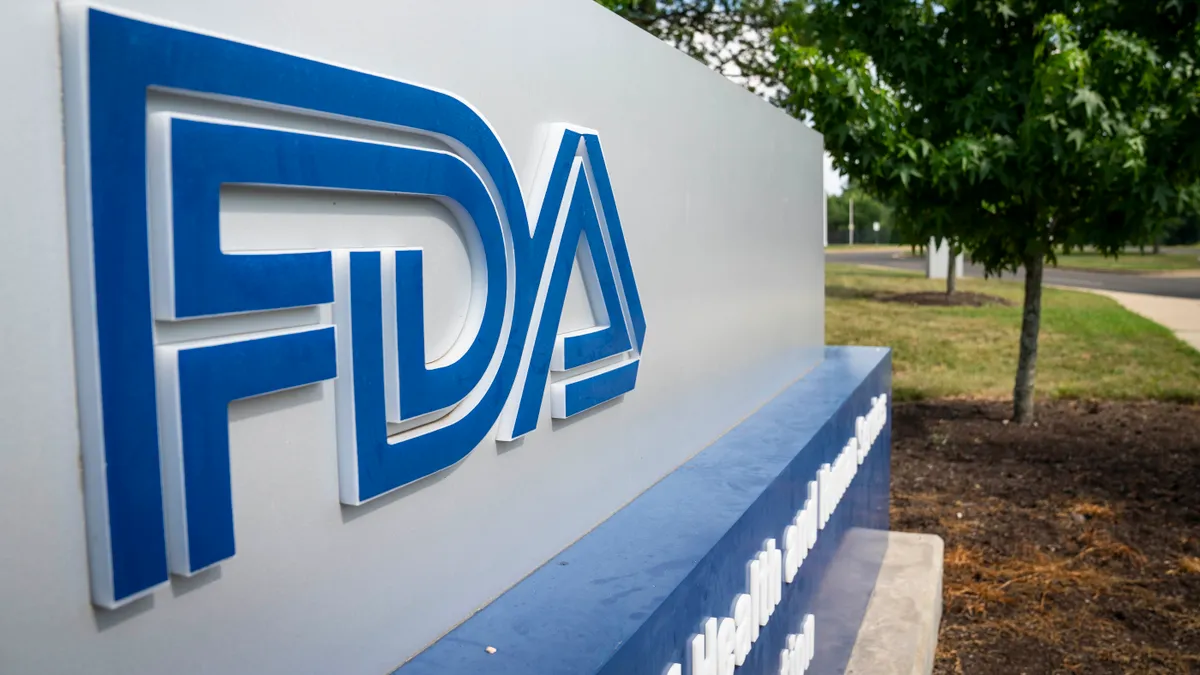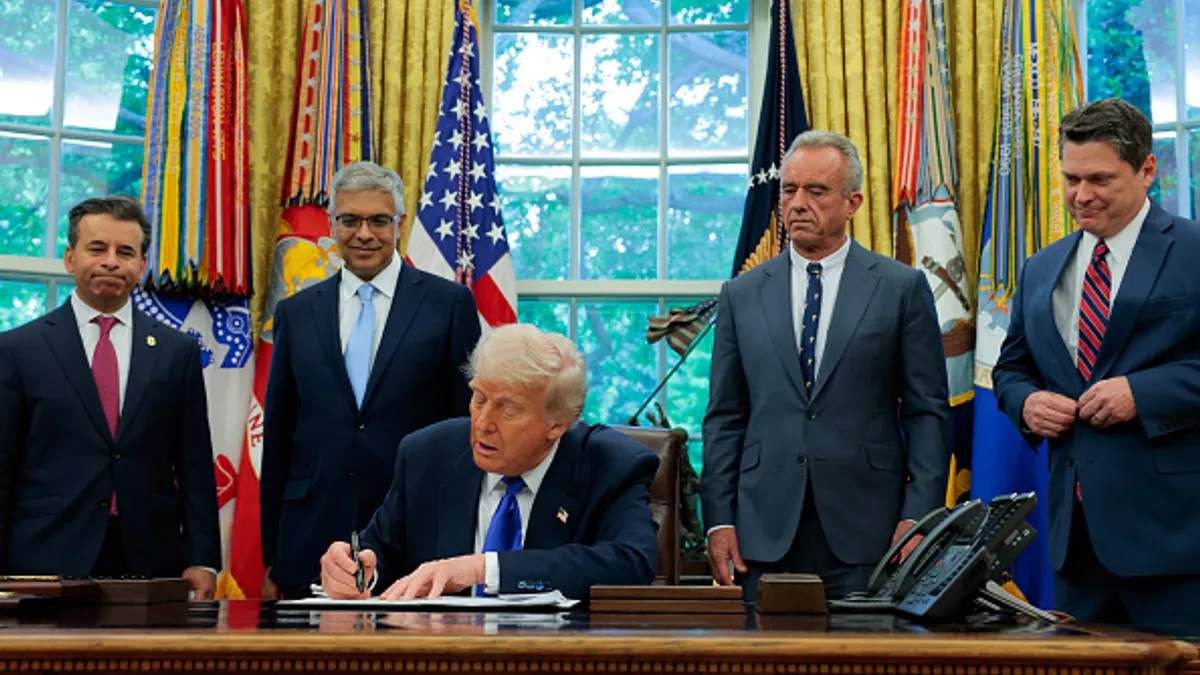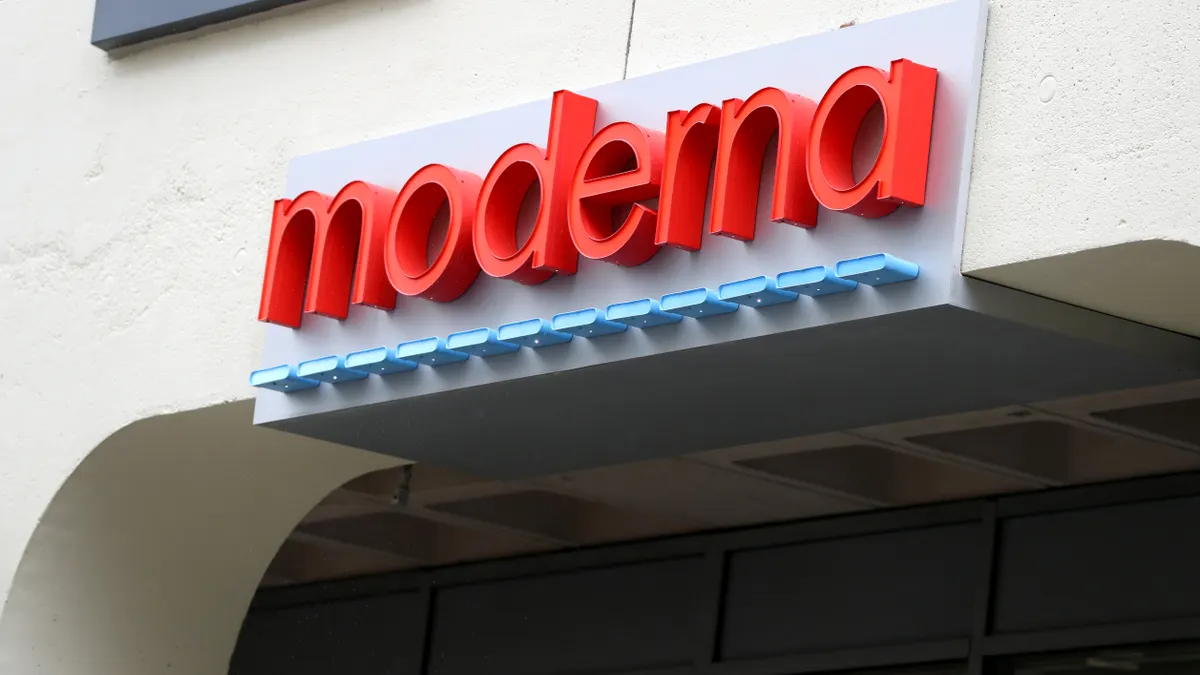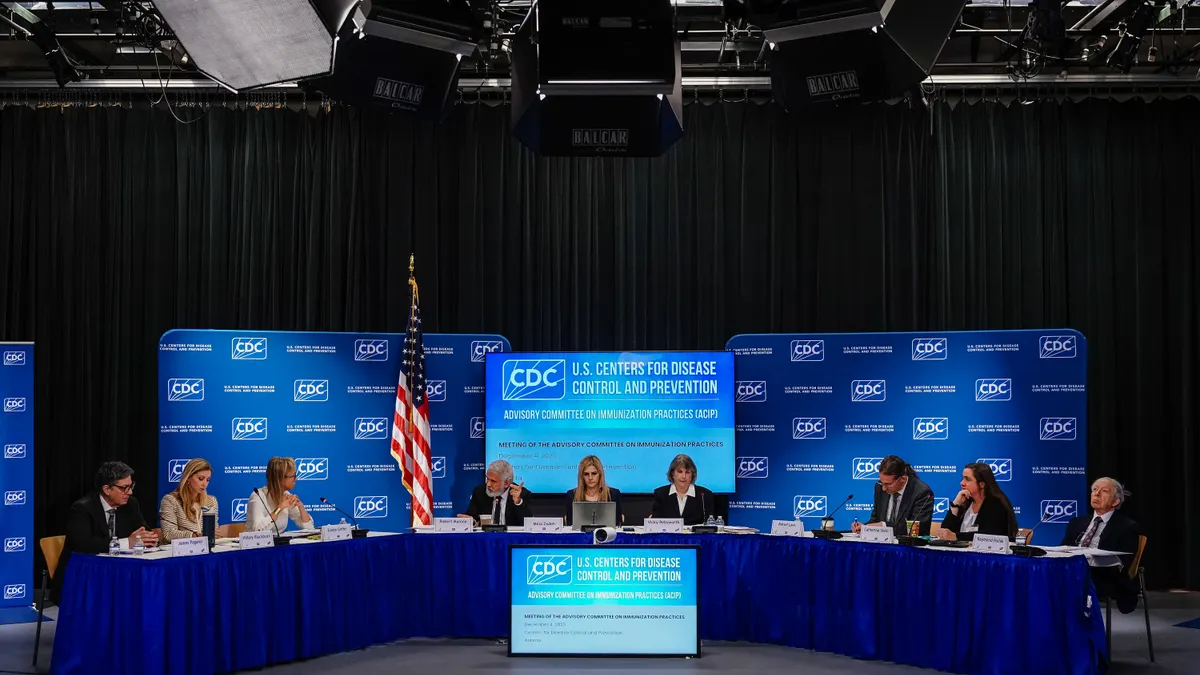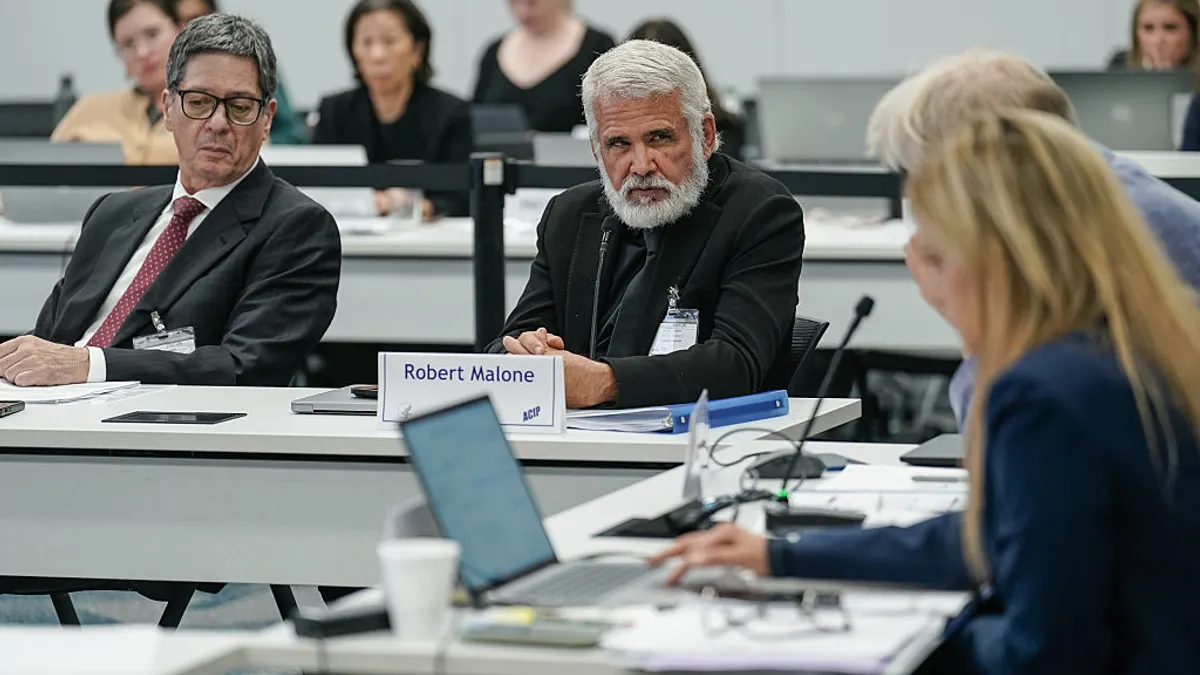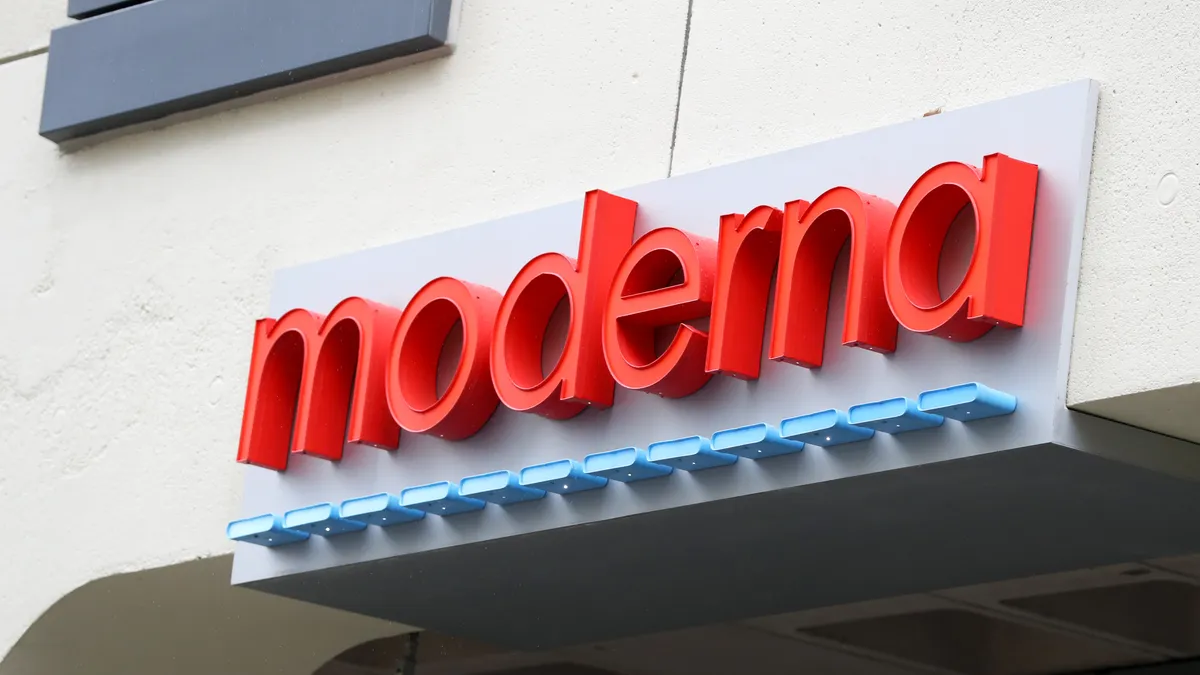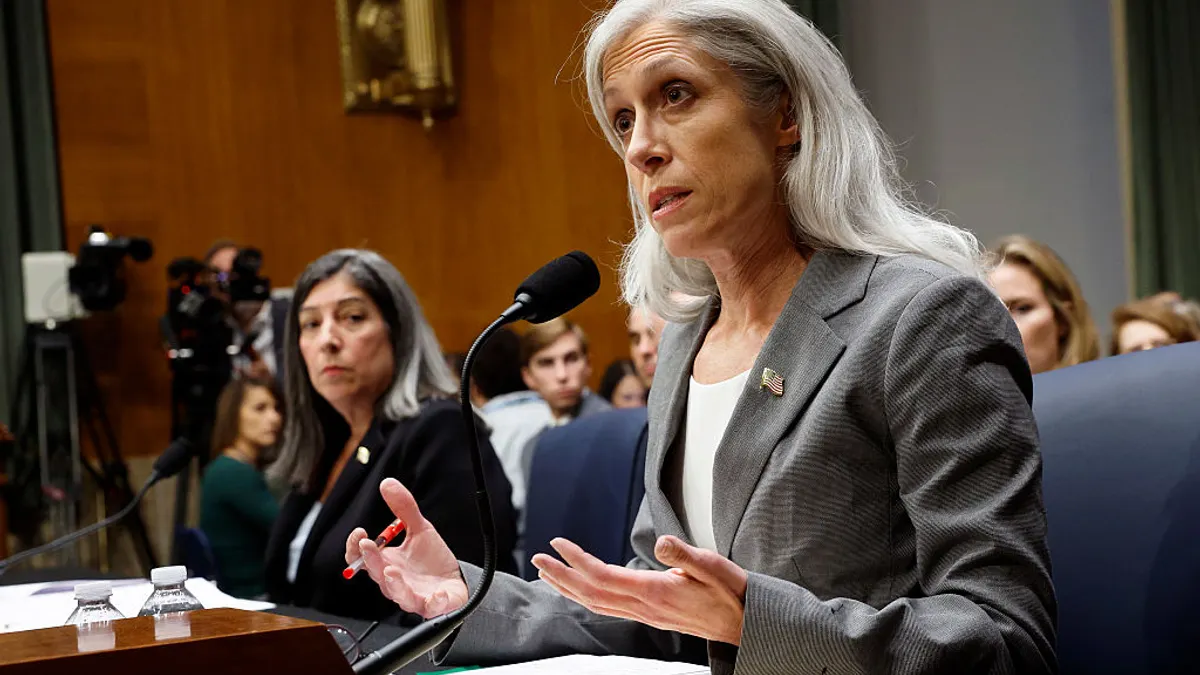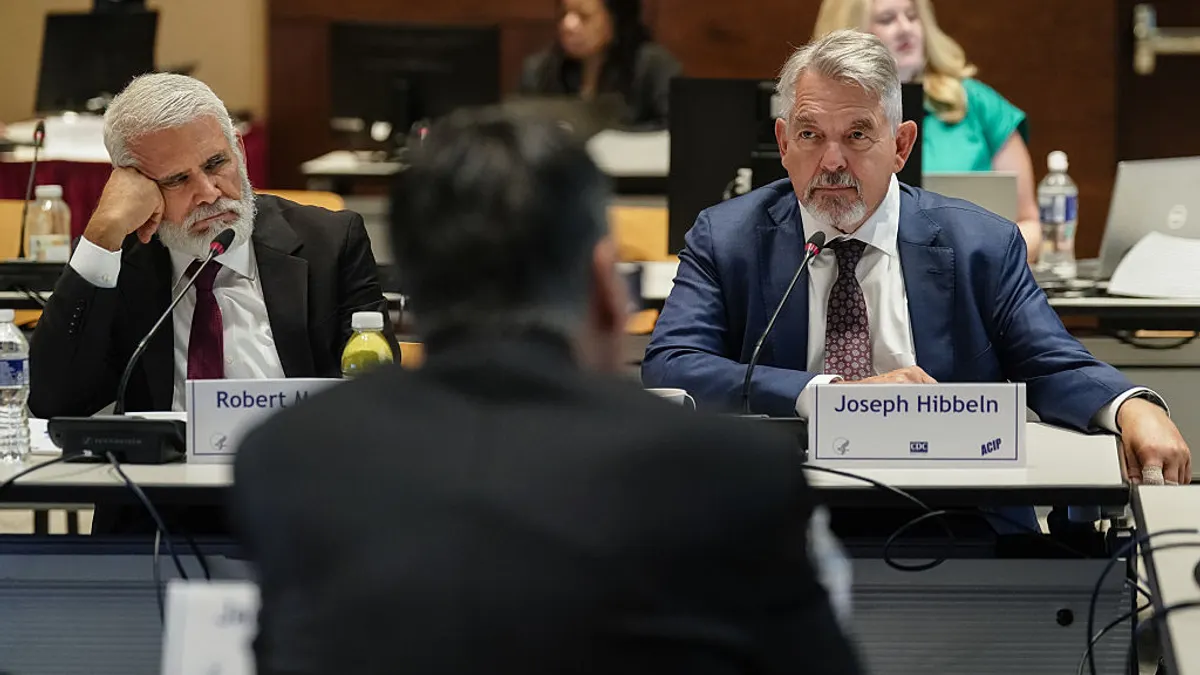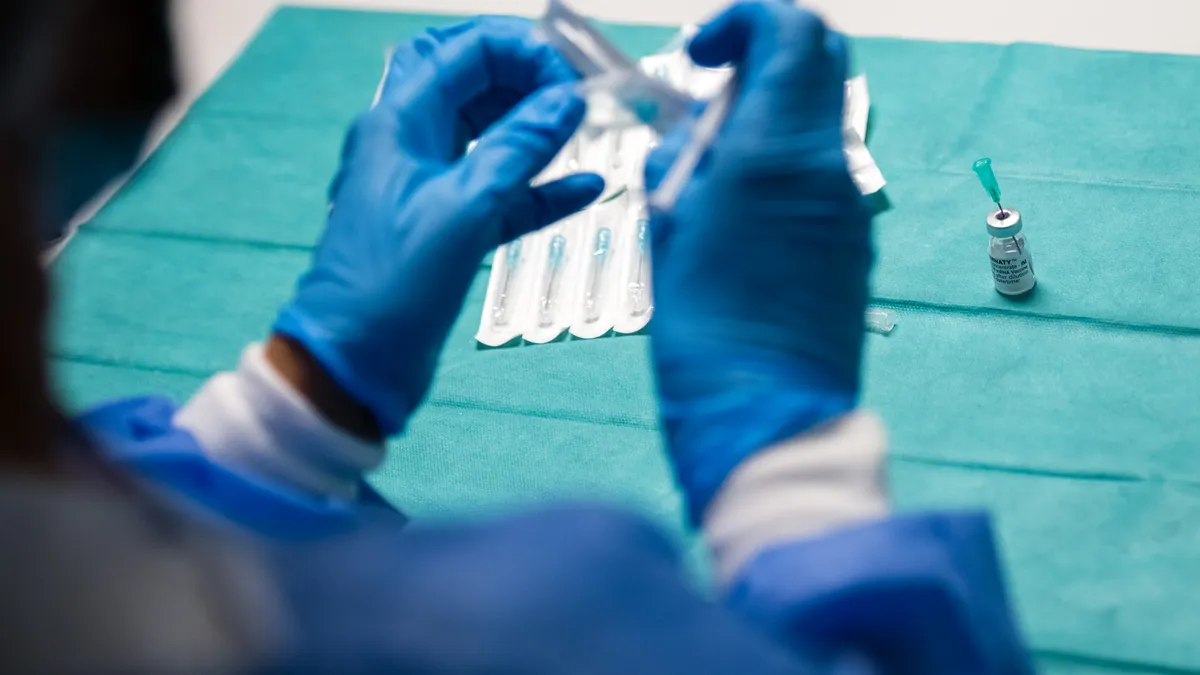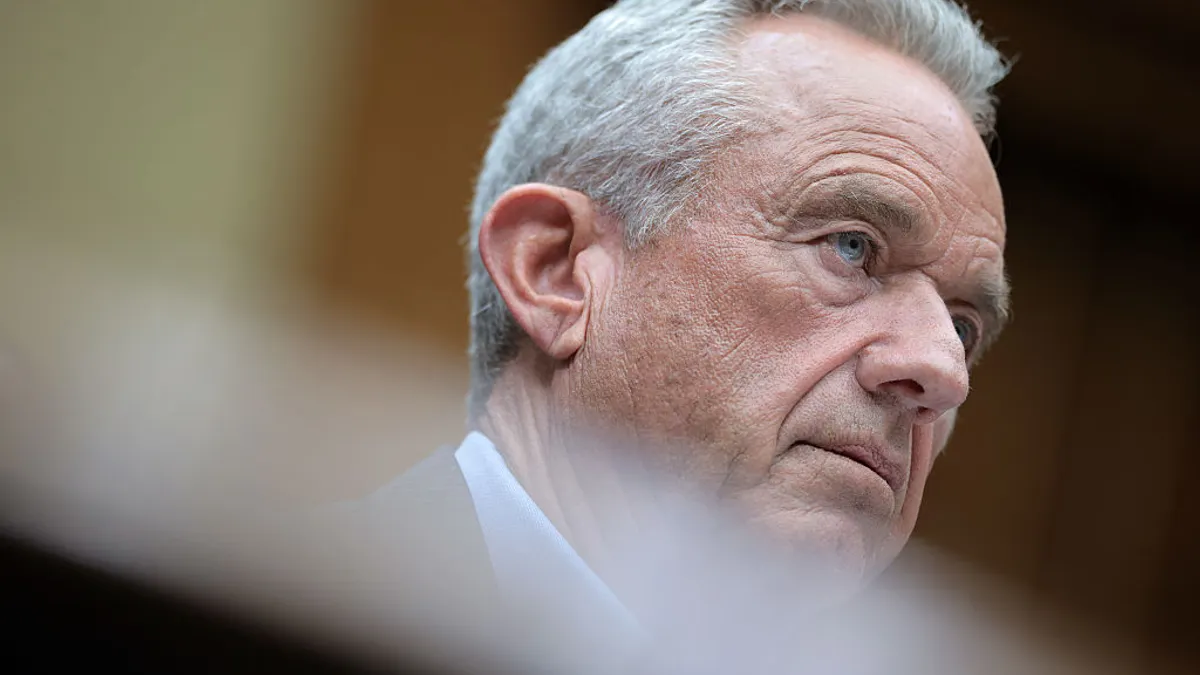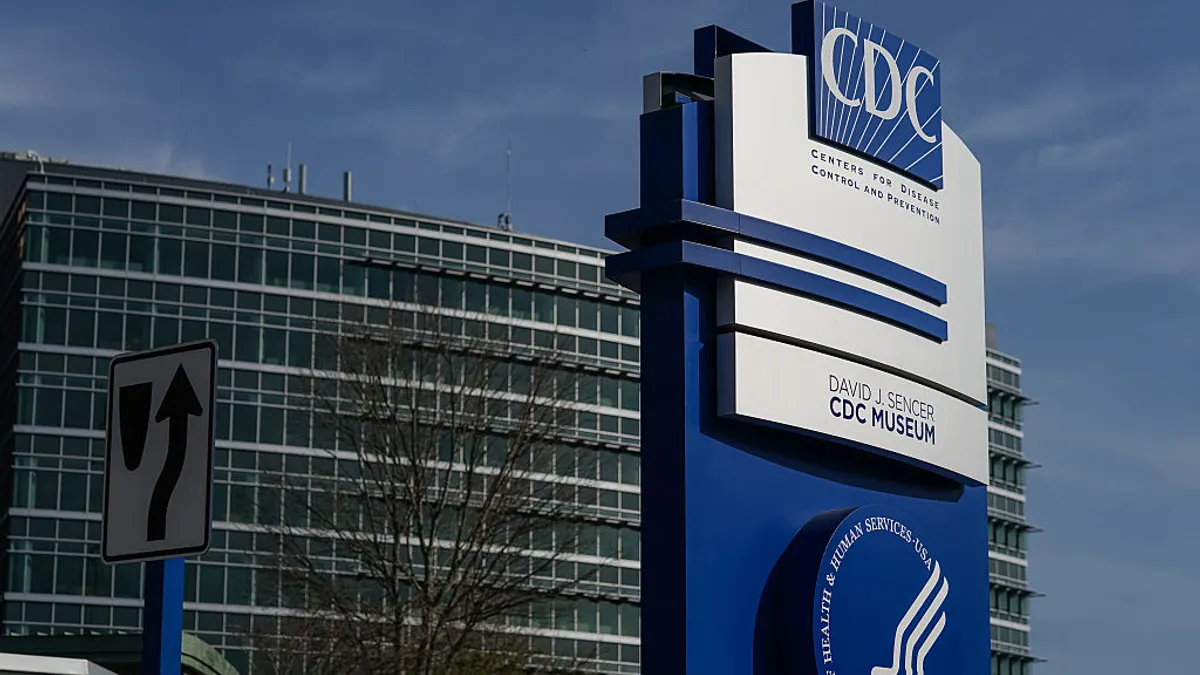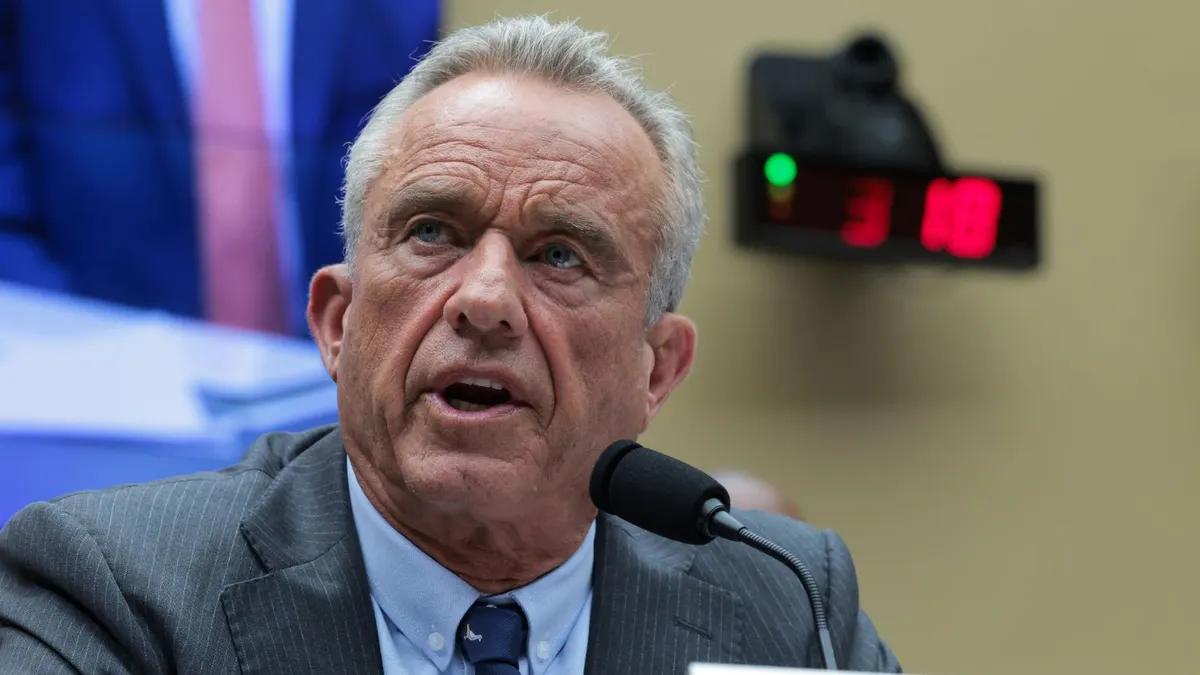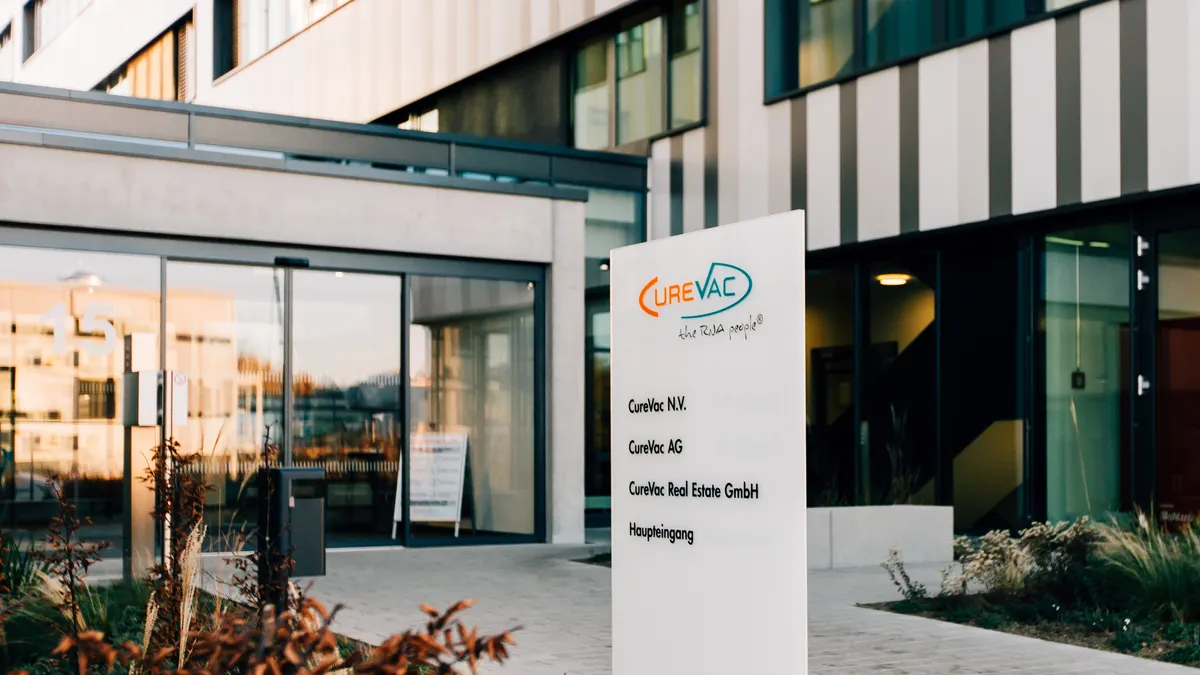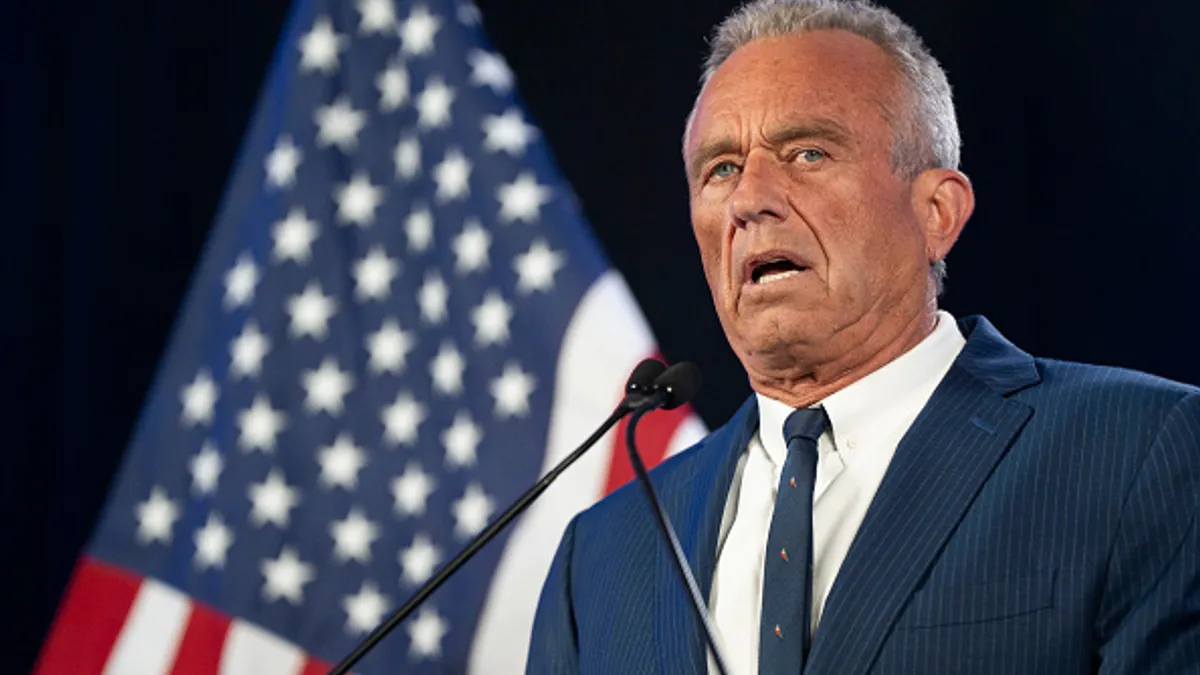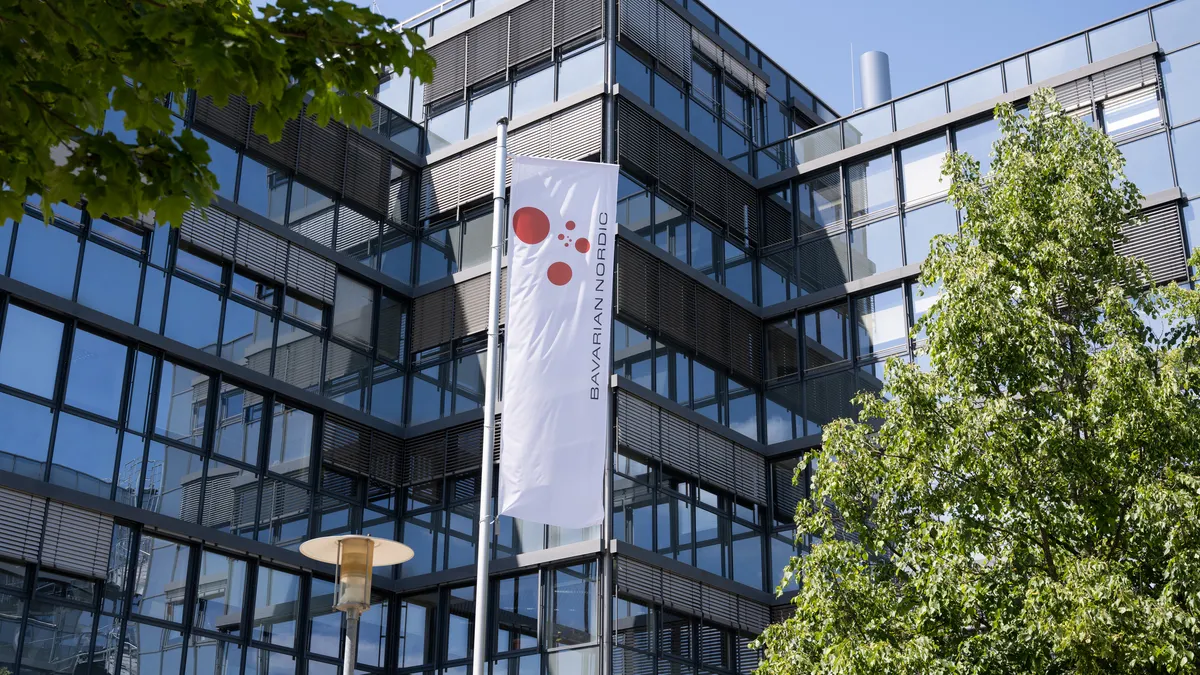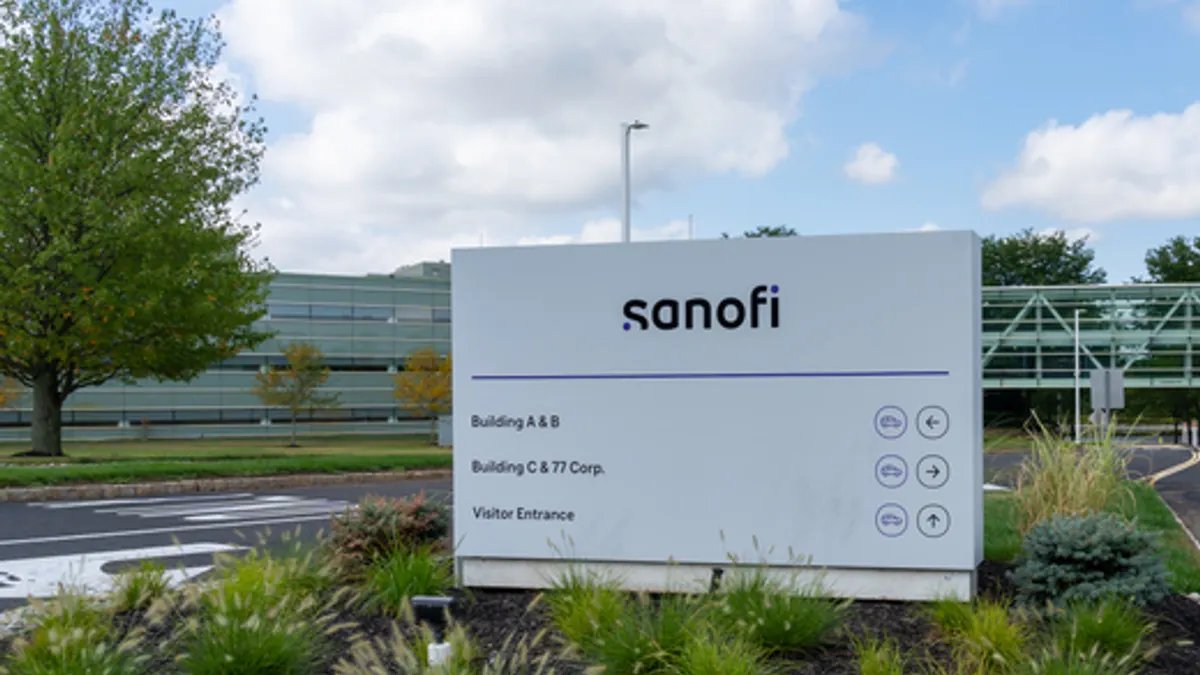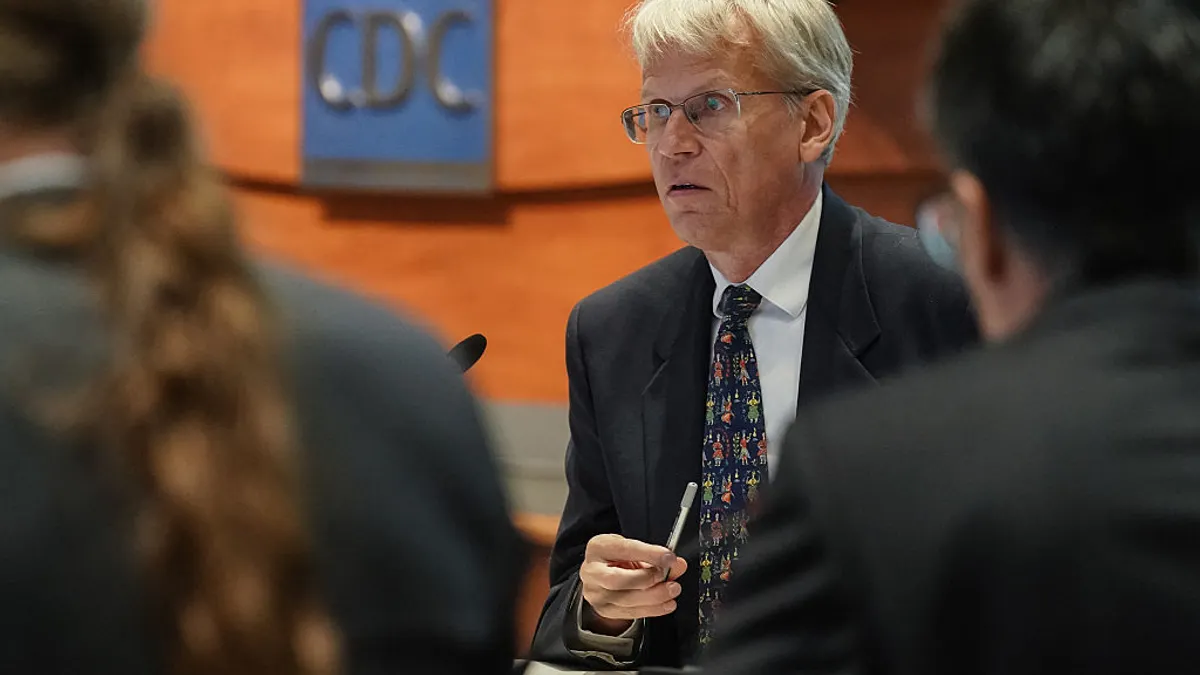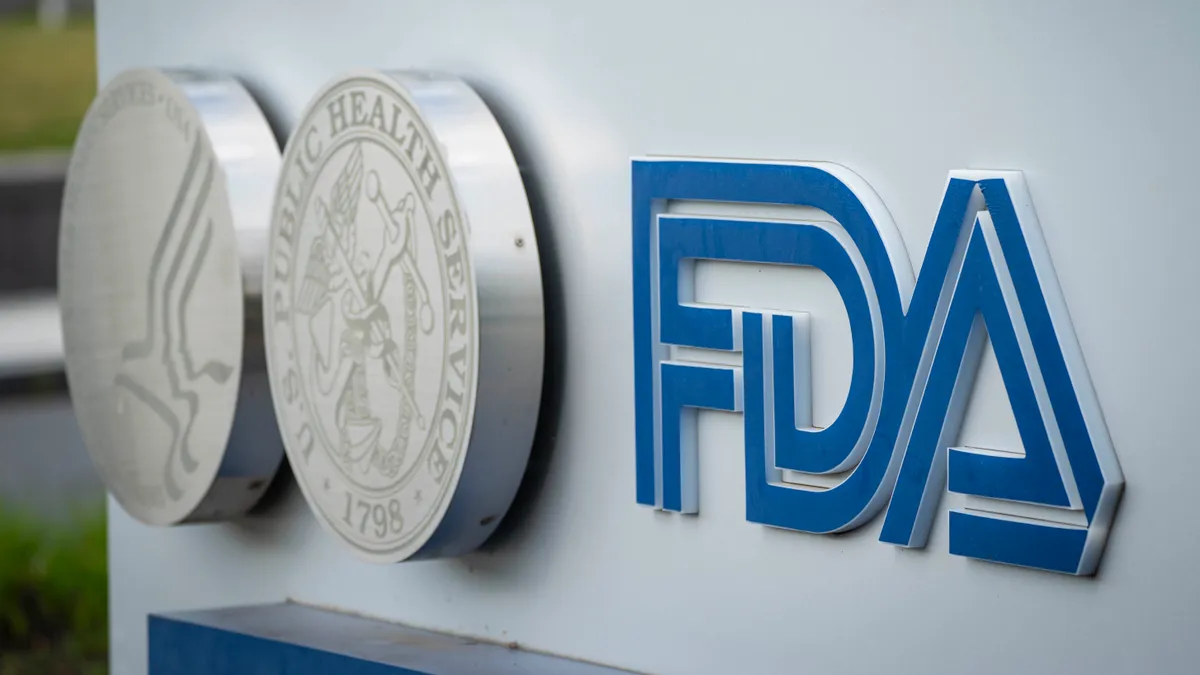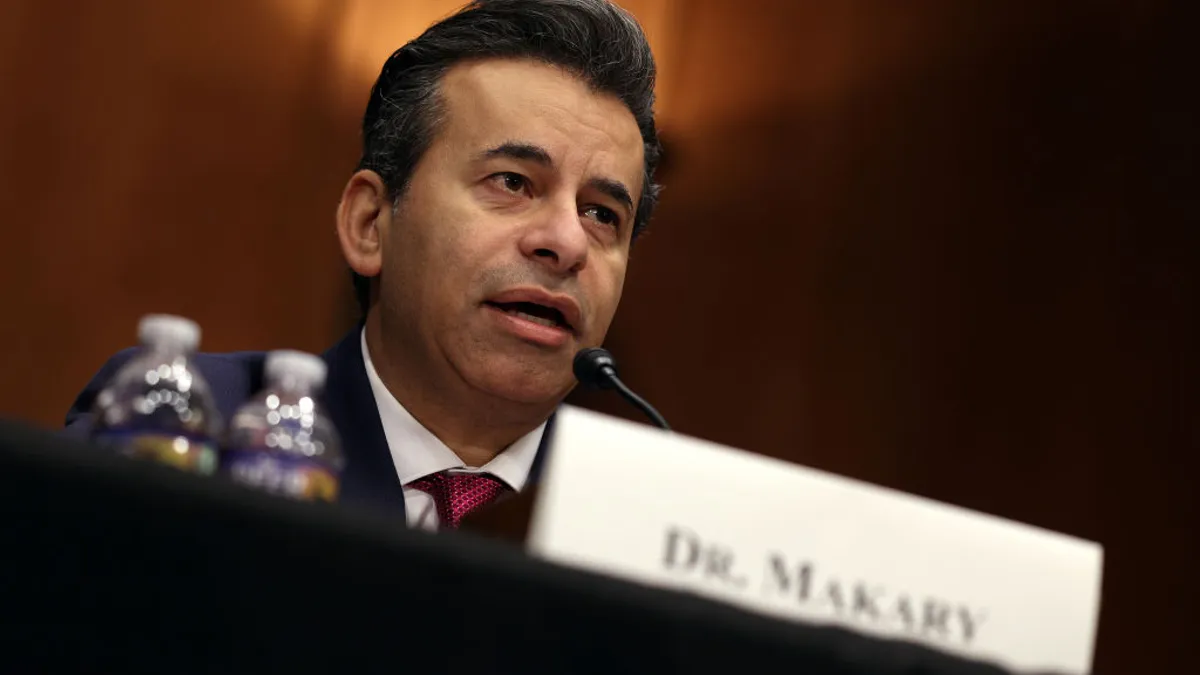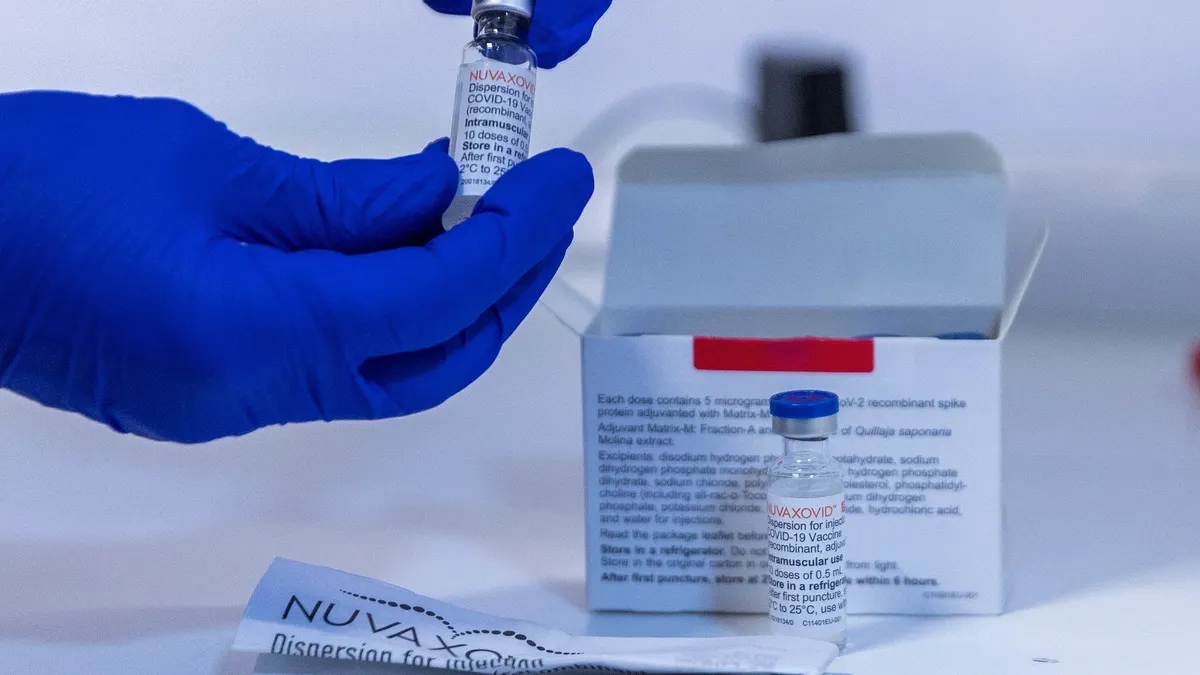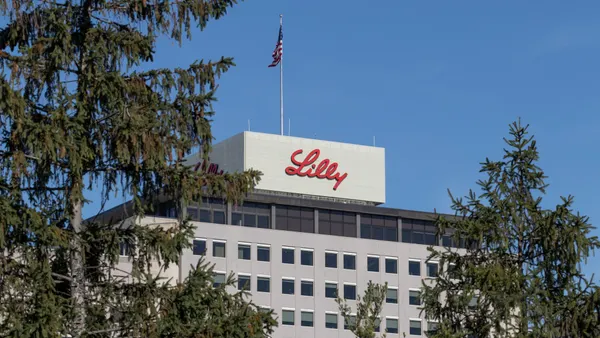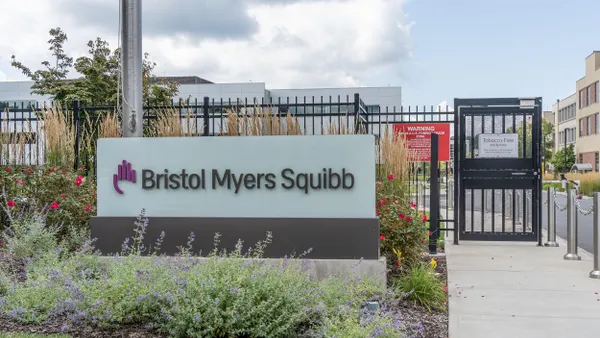The Food and Drug Administration on Friday gave a green light to a new meningococcal vaccine from GSK. Dubbed Penmenvy, the “5-in-1” shot is approved for people aged 10 through 25 years old and targets the five most common types of bacteria that cause invasive meningococcal disease, which can lead to life-threatening complications.
Penmenvy combines components of GSK’s existing shots Bexsero and Menveo. By simplifying immunization, it could help boost vaccination rates, which have remained low due to a complex vaccine schedule.
“Any new opportunity to increase access to what is just so critical to individual and public health, is a good thing,” said Julie Howard, a clinical advisor at the pharmaceutical consulting firm MMIT.
Invasive meningococcal disease is a serious illness involving infection of the spinal cord and brain, which can lead to swelling. Even with treatment, bacterial meningitis can be fatal; about 1 in 6 people who contract invasive meningococcal disease die. The disease can affect people of all ages.
The bacterium called neisseria meningitidis is the leading cause of meningococcal disease. The five strains circulating in the U.S. are known by their serogroup: A, B, C, W, and Y.
The CDC recommends children aged 11 or 12 receive a “MenACWY” vaccine, followed by a booster dose at age 16. The agency also urges people discuss MenB vaccination with their physician, but recommends vaccination for anyone ages 10 years or older who are at an increased risk of the disease.
In 2023, drugmaker Pfizer received an FDA OK for a shot dubbed Penbraya, which, like Penmenvy, covers five serotypes. However, the CDC says full coverage against MenB must include a dose of Pfizer’s other vaccine Trumenba in children aged 16 and older.
The two companies already compete against each other in other markets. Both gained approval in 2023 for RSV vaccines in older adults. GSK has kept majority market share since then, although Pfizer has recently made some headway. But sales of RSV vaccines broadly have dropped after the CDC narrowed its recommendation guidelines.
A key panel advising the CDC on vaccines is set to meet later this month and is scheduled to discuss GSK’s shot as well as potential updates to dosing and schedules.
Vaccine schedules — and any changes to them — will be under the microscope now that Robert F. Kennedy Jr., a prominent vaccine critic, is confirmed as head of the Department of Health and Human Services.
Kennedy has for decades promoted vaccine misinformation, claiming they cause more harm than good, and lead to autism in children. He also founded and previously chaired an anti-vaccine group called Children’s Health Defense. At the pandemic’s height, Kennedy pressed for the FDA to revoke authorization of COVID-19 vaccines.
While he’s said he won’t take away anyone’s vaccines, he will hold substantial influence over their regulation as HHS secretary. For example, he could change the federal Vaccines for Children program, which covers vaccines for children whose families cannot afford them. Vaccines protecting against meningococcal disease, measles and human papillomavirus, among others, are covered by the program. Kennedy has previously criticized meningococcal vaccine requirements.
Correction: A prior version of this story included a line that incorrectly described the dosing regimen required to complete Meningococcal B vaccination.



